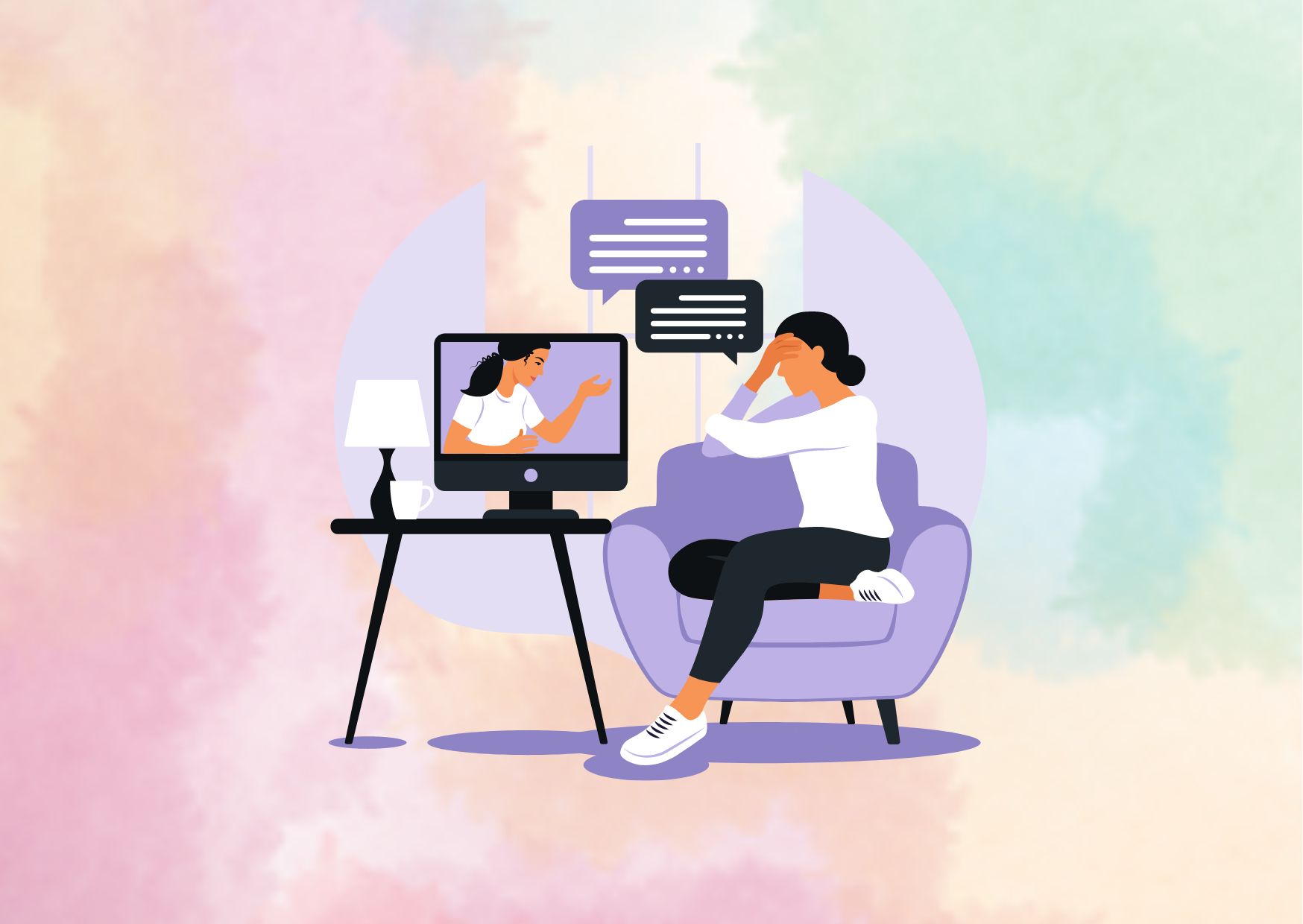Online Counselling: The Power of Seeking Help
Mental health is a vital aspect of our overall well-being, and it is crucial to address any issues that may arise promptly. With the world becoming increasingly digital, the realm of mental health support is also shifting towards a more virtual landscape. Online counselling and therapy platforms offer power of seeking help for individuals to for their mental health concerns. In this article, we will explore the benefits and drawbacks of online counselling, how it works, and how it can help individuals struggling with mental health issues.
The Importance of Mental Health Awareness Month
May is Mental Health Awareness Month, a time dedicated to increasing awareness about the importance of mental health and wellness. Mental health is a vital aspect of our overall well-being, and it is essential to address any issues that may arise promptly. Mental health awareness month aims to reduce the stigma around mental health and encourage individuals to seek help for their mental health concerns.
Online Counselling: The Power of Seeking Help
What is Online Counselling?
Online counselling, also known as teletherapy or e-counseling, is a form of therapy that takes place over the internet. It involves the use of video conferencing, instant messaging, or phone calls to connect individuals with licensed mental health professionals. Online counselling offers a convenient and accessible way for individuals to seek help for their mental health concerns.
Benefits of Online Counselling
Accessibility
One of the significant advantages of online counselling is its accessibility. Online counselling offers individuals who may not have access to traditional therapy due to geographical or financial constraints a chance to seek help for their mental health concerns. It also allows individuals to receive counselling from the comfort of their own home, eliminating the need to travel to a therapist’s office.
Convenience
Online counselling is also incredibly convenient. Individuals can schedule counselling sessions at a time that works best for them, eliminating the need to take time off work or rearrange their schedule. It also eliminates the need to commute to a therapist’s office, saving individuals time and money.
